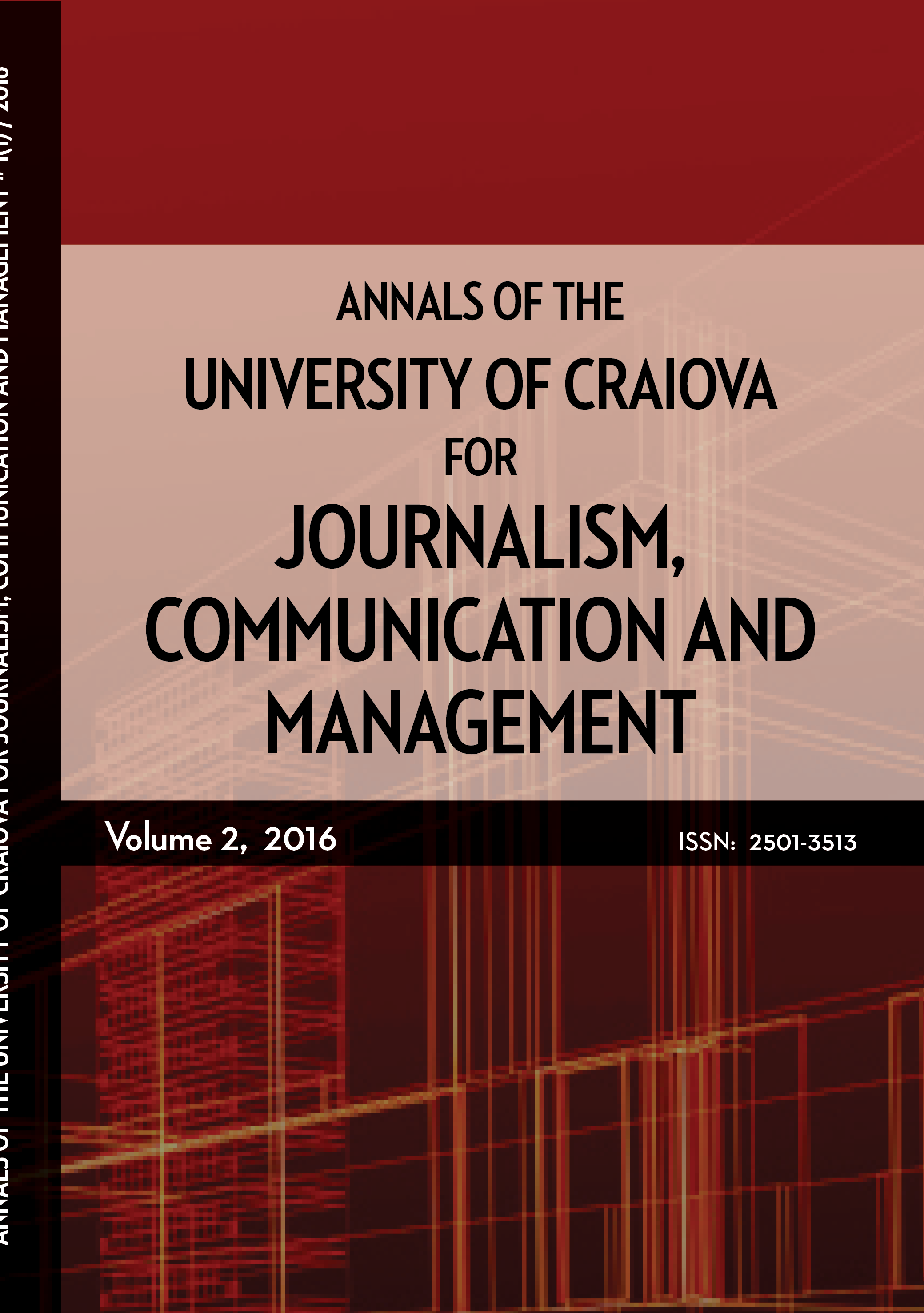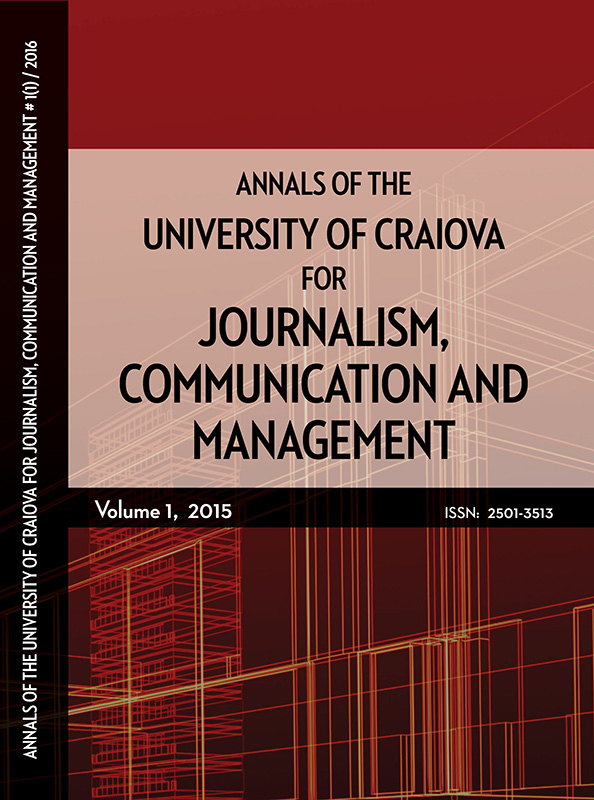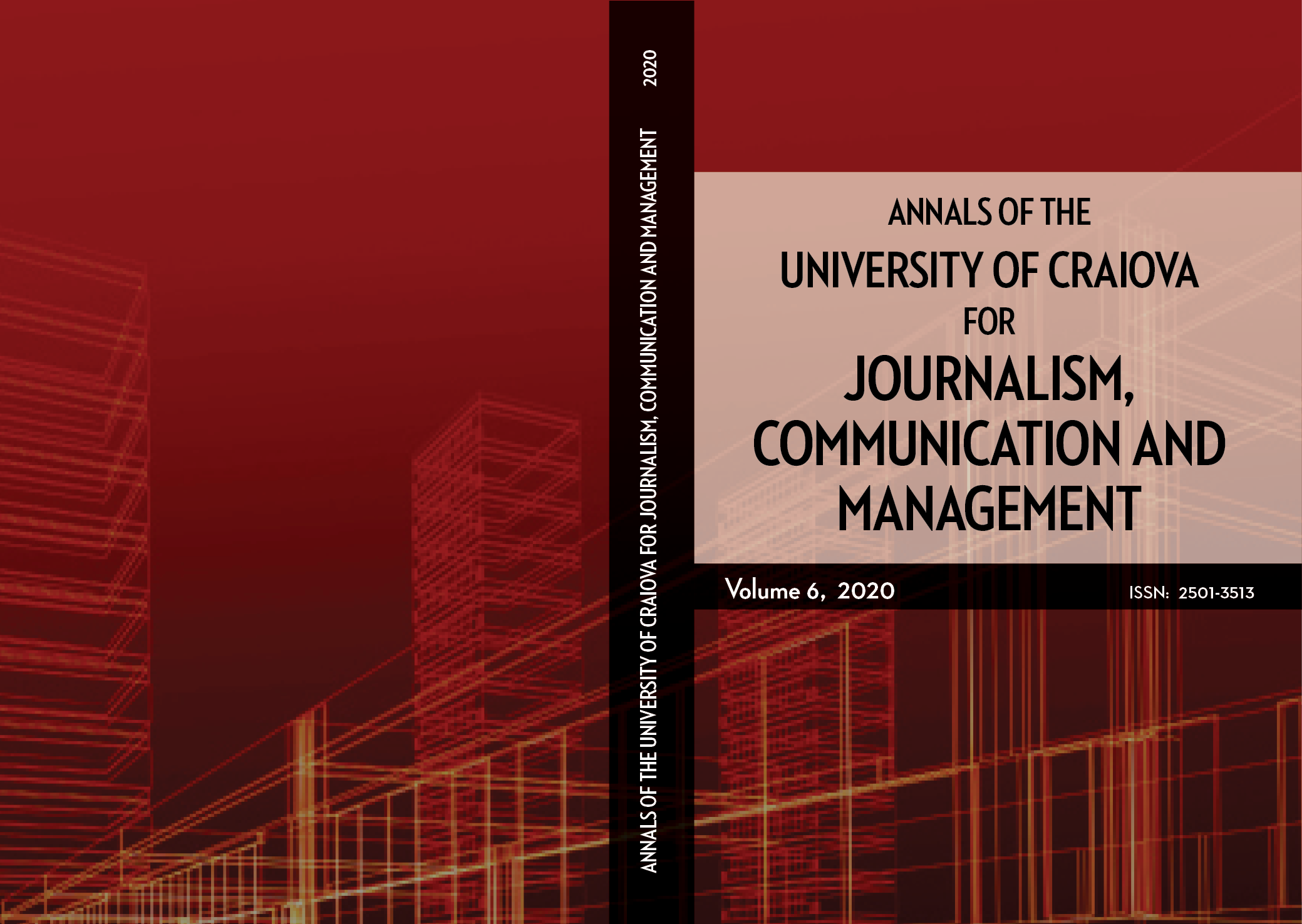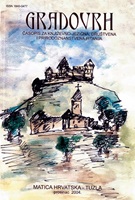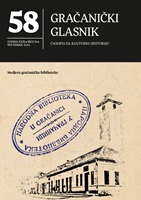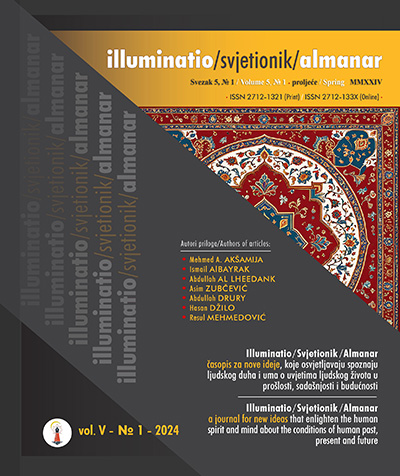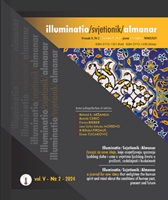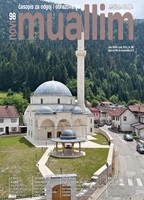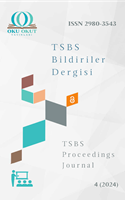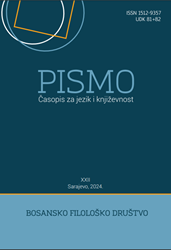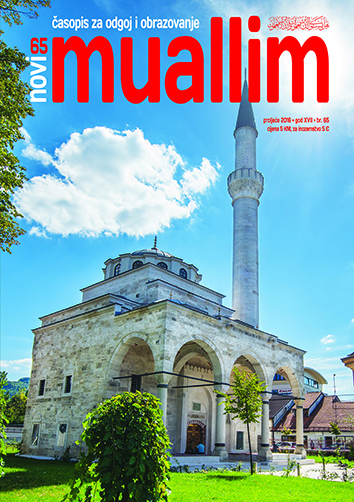
PSEUDORELIGIJSKO LEGITIMIZIRANJE EKSTREMIZMA I DEKONTEKSTUALIZACIJA ISLAMA
The article discusses fundamental factors of pseudo-religious legitimisation of Muslim extremism. Through selective approach towards religious sources and with hermeneutics of the same sources dragged outside their context, various ideologies support and encourage extremism and Muslim sectarianism. Such reinterpretation of Islam is most evident in forging some frequently used Islamic terminology, and constructing new terminology alien to original Islam, application of which intensifies religious extremism, intolerance and exclusivism. Competent Muslim scholars should answer these innovative hermeneutic interpretations of Islam and thus significantly contribute in deconstruction of ideological platform upon which religious extremism is based.
More...
